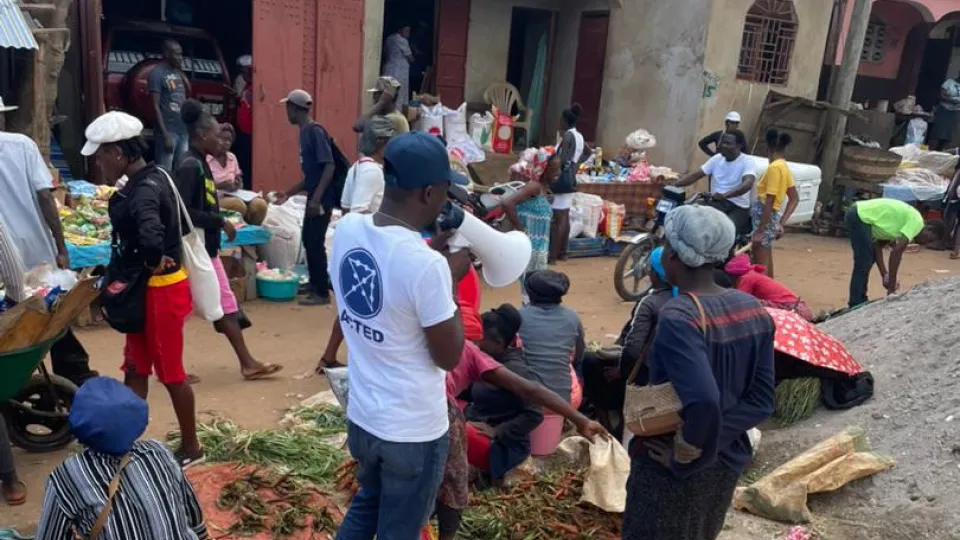
Storm Franklin Response: Supporting Affected Communities in Haiti
Following the activation of Alert 766, a coordinated response was launched to address the immediate needs of those affected by Tropical Storm Franklin.

Following the activation of Alert 766, a coordinated response was launched to address the immediate needs of those affected by Tropical Storm Franklin.
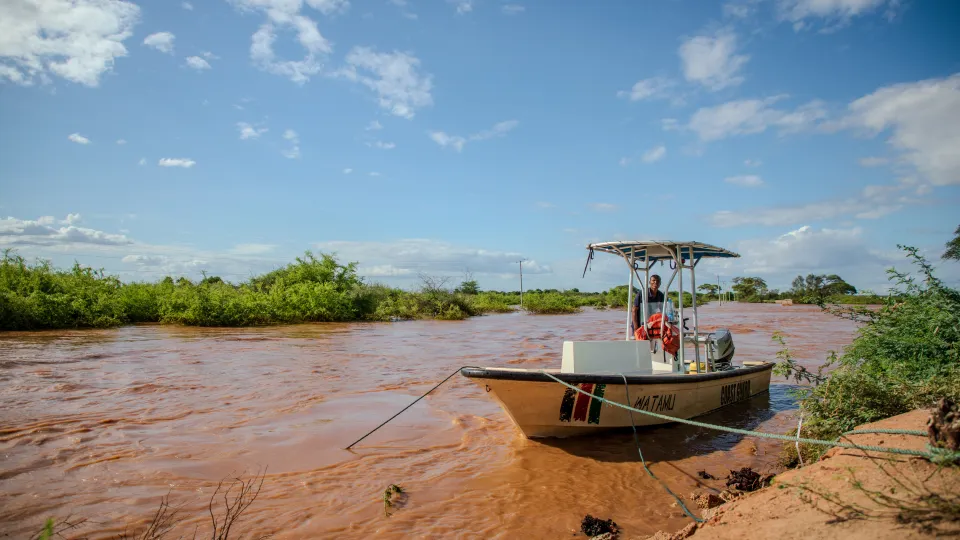
Guest blog from Rajeev Kumar Jha, Programme Director at Humanitarian Aid International and Start Network Member, who shares his thoughts prior to attending the 29th Conference of the Parties (COP29) in Baku.
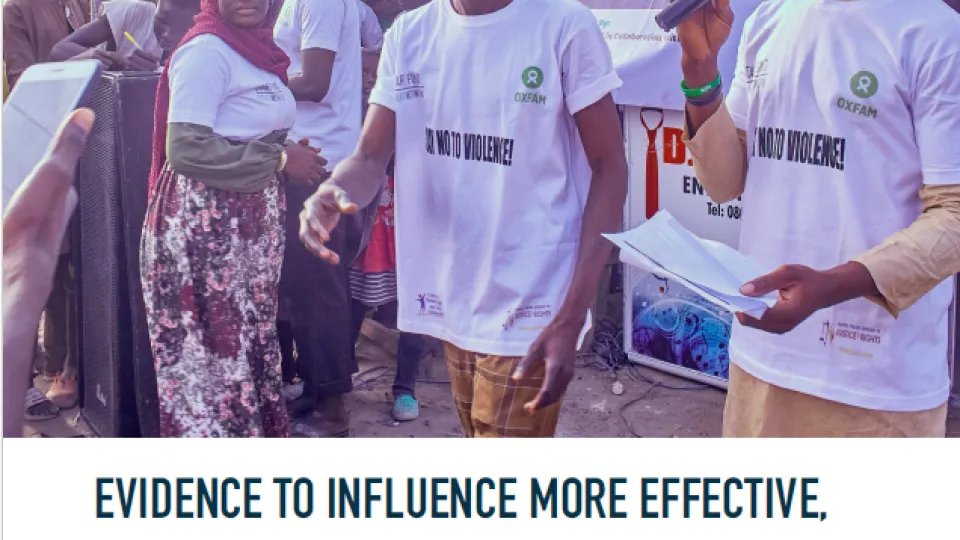
This report explores the existing evidence base and rationale for localisation to better understand how arguments for effectiveness, efficiency and equity in the localisation discourse are understood, evidenced and communicated.
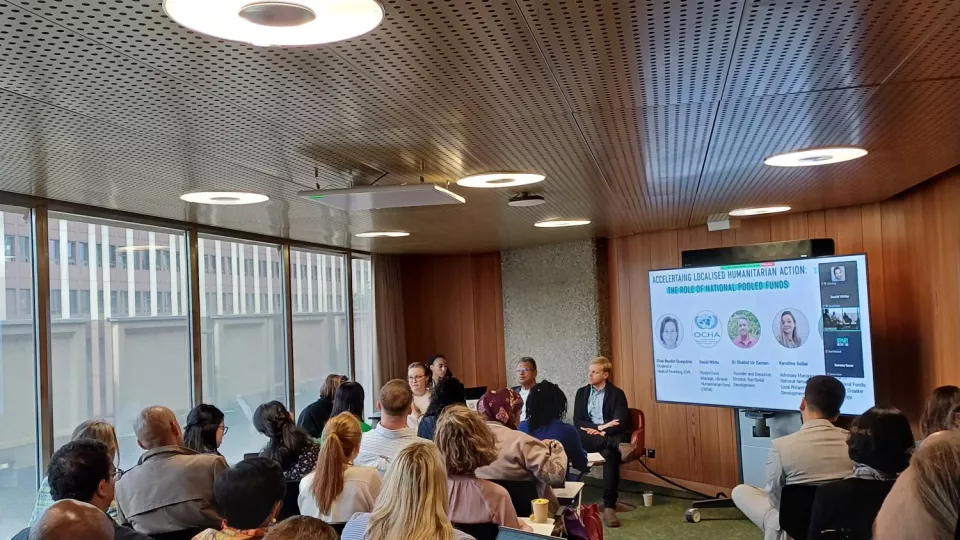
The localisation of humanitarian action has been the subject of humanitarian policy and practice discussions for more than a decade. In recent years, many governments and donors have reaffirmed their commitments to localisation, including FCDO, USAID and ECHO who have either published or are currently developing guidelines and strategies to realise these commitments.
This year’s Group of Seven (G7) Presidency is under the Italian leadership. In its 2024 agenda, the year-long Italian tenure - which involves technical, ministerial, and high-level discussions - has focused on emerging economies, the climate-energy nexus, food security, and artificial intelligence, among other key worldwide challenges.
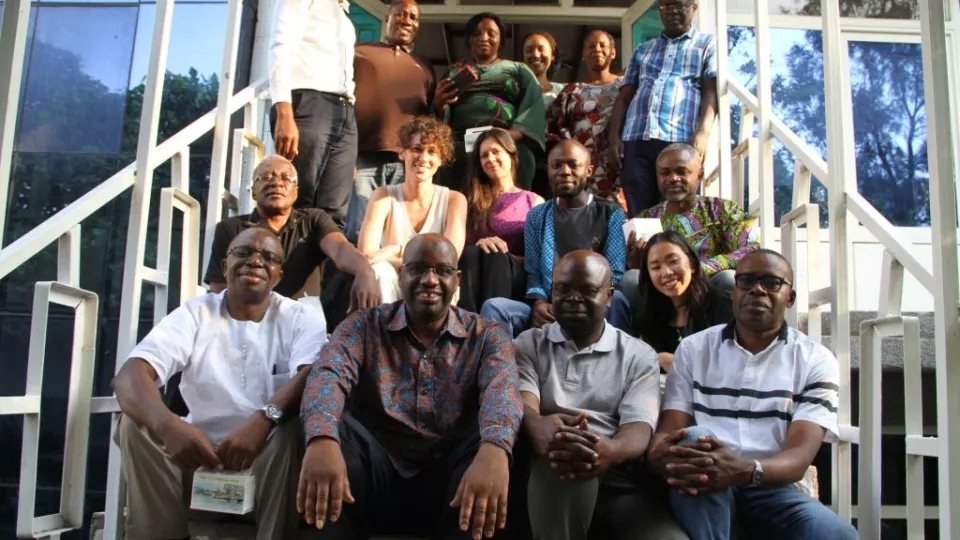
This blog is written from the perspective of someone working in an international humanitarian network, speaking to others in international humanitarian institutions.
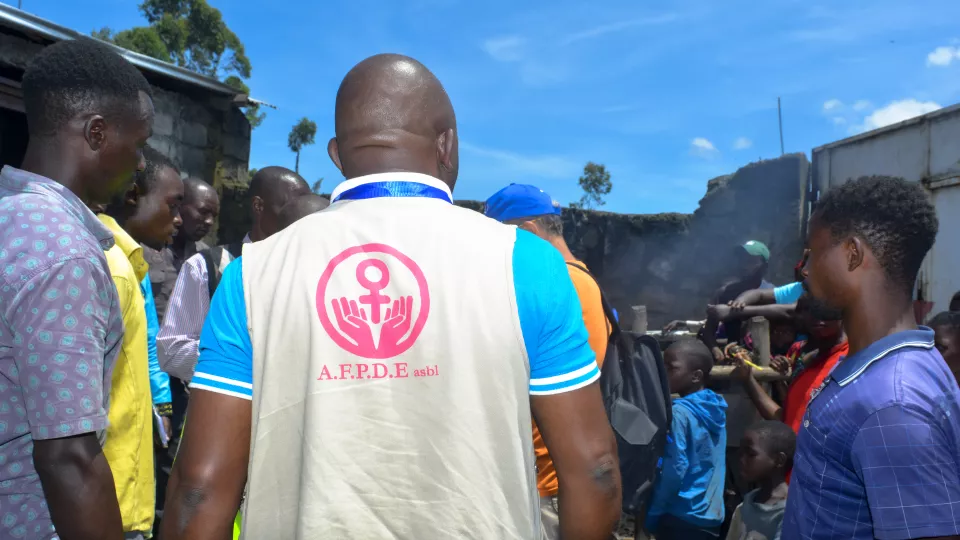
Reflecting on humanitarian trends over the past decade, one thing is clear: localisation and/or locally led action are ways of working that are here to stay.
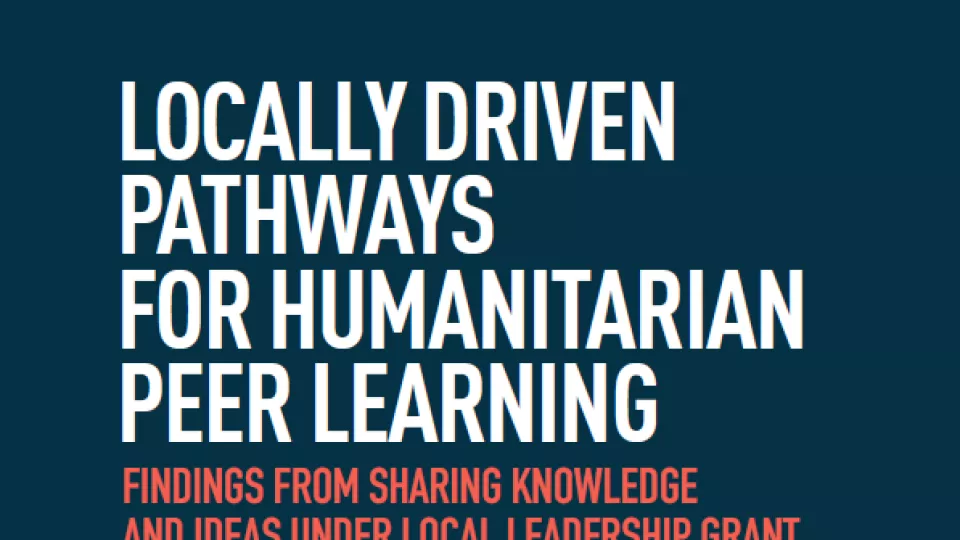
The Sharing Knowledge and Ideas under Local Leadership (SKILL) Grant was developed in 2021 so that Start Network’s local members could lead collaborative research projects and learn through partnerships. From January 2022, with grants of up to £15,000 GBP, eight local or national NGO organisations worked with a variety of partners to research humanitarian issues that they chose. Through this report, we document their experiences, impact and learning.
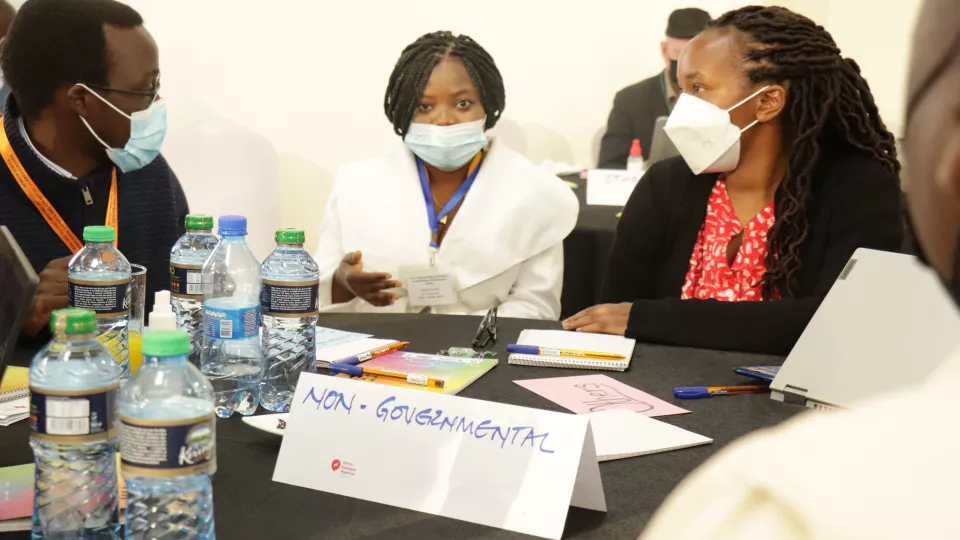
As Western donors and international non-governmental organisations (INGOs), we most often have disproportionate power in relation to local and national organisations.
A locally led humanitarian system that is accountable to people at risk or affected by crisis is also one where communities have agency and voice over humanitarian interventions that respond to their needs.